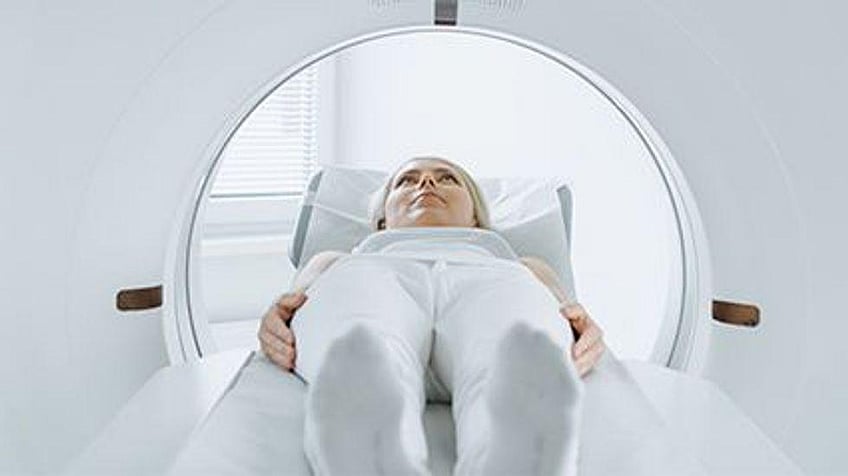Non-MRI-Conditional ICDs Still Function After MRI

TUESDAY, Jan. 31, 2023 (HealthDay News) -- For patients with non-magnetic resonance imaging (MRI)-conditional implantable cardioverter defibrillators (ICDs), these ICDs still appropriately treat detected tachycardia after MRI, according to a study published online Jan. 31 in the Annals of Internal Medicine.
Joshua Ra, M.D., from the University of California San Francisco, and colleagues conducted a prospective cohort study to examine whether non-MRI-conditional ICDs have preserved shock function of arrhythmias after MRI among 629 patients enrolled consecutively between February 2003 and January 2015 who underwent 813 total MRI examinations at 1.5 Tesla.
The researchers detected 4,177 arrhythmia episodes and 97 patients received ICD shocks during a median follow-up of 2.2 years from MRI to latest available ICD interrogation before generator or lead exchange in 536 patients. Overall, 61 patients (10 percent) had 130 spontaneous ventricular tachycardia or fibrillation events terminated by ICD shocks. Thirty-three percent of patients (210 patients) were known to have died (median, 1.7 years from MRI to death); cardiac arrhythmia deaths were reported in three patients, where shocks were indicated without direct evidence of device dysfunction.
"Our findings are consistent with the accumulating evidence that 1.5-Tesla MRI scans do not induce clinically significant functional changes in non-MRI-conditional ICDs," the authors write.
Abstract/Full Text (subscription or payment may be required)
Related Posts
AHA News: Is Venting Good For Your Health?
FRIDAY, July 28, 2023 (American Heart Association News) -- Venting – the release...
Pets in the Bedroom? Your Sleep Might Suffer, Study Finds
FRIDAY, March 17, 2023 (HealthDay News) -- If your bedtime routine includes...
Risk for Early-Onset Sepsis Low for Infants With Low-Risk Delivery
WEDNESDAY, Jan. 26, 2022 (HealthDay News) -- Infants born at all gestational...
Booster Shots More Effective During Omicron Emergence Period
WEDNESDAY, Jan. 26, 2022 (HealthDay News) -- Booster doses seem effective for...
